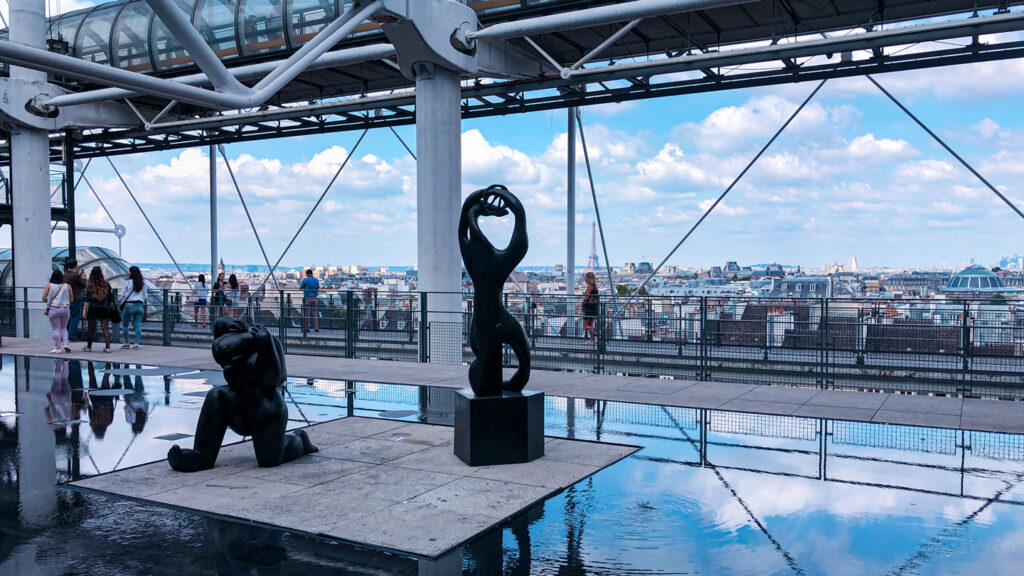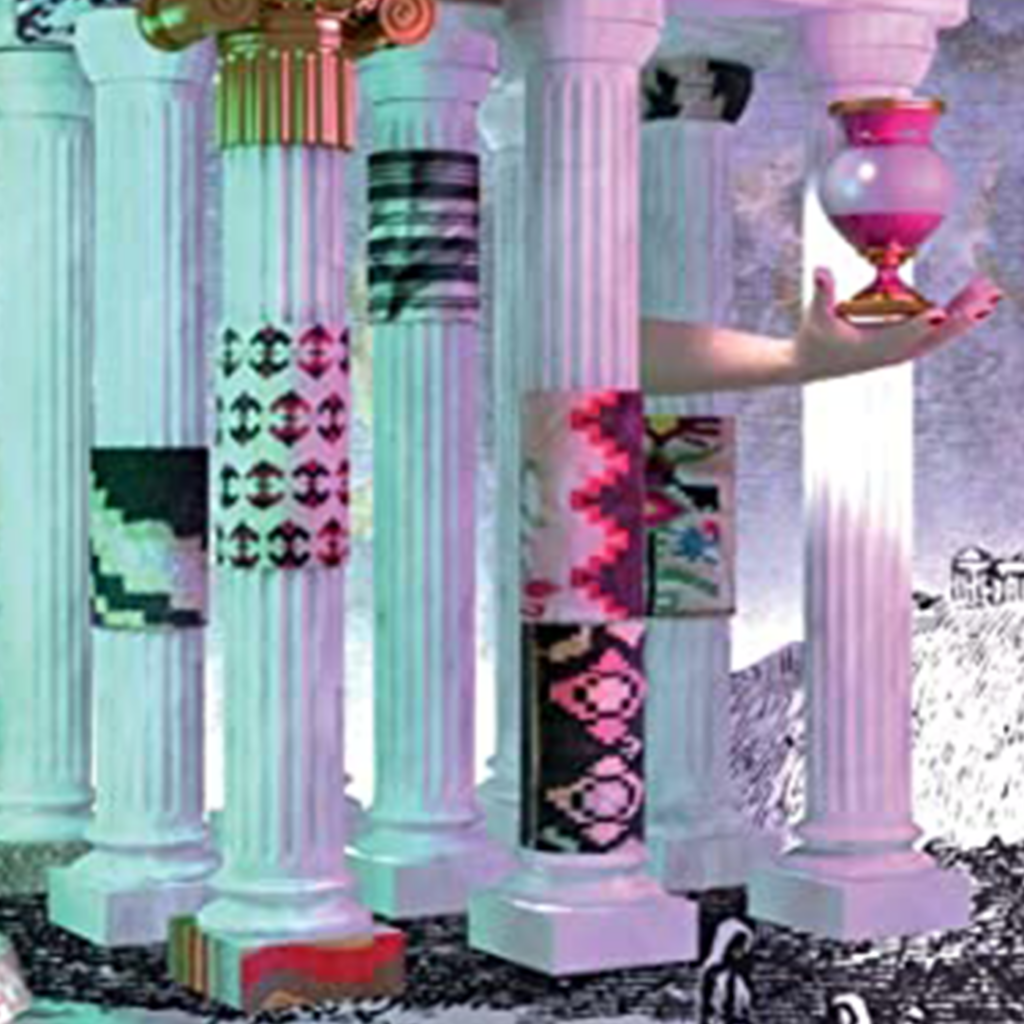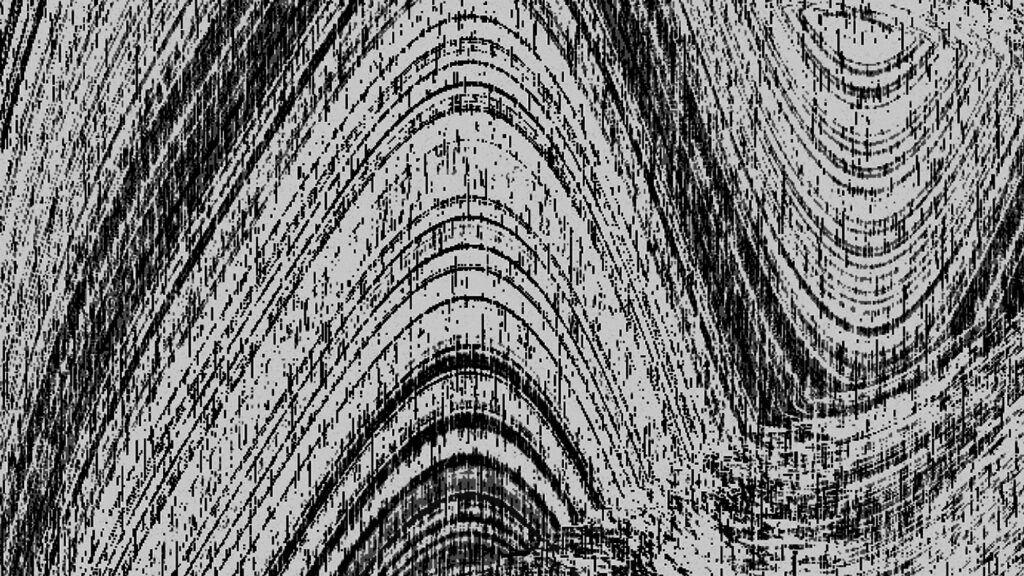Paris: Social Sciences—Critical Theory
Topics in Contemporary Critical Theory 1
Demetra Kasimis, Associate Professor of Political Science and 3CT fellow
This course explores the relation between critical theory and crisis. “Critical” and “crisis” share the Greek root κρίνειν (krinein), meaning “to choose, to decide a dispute, to discern, to judge.” Yet while crisis is often associated with instability, etymologically, it refers to a moment of decisive illumination (theorein, to see, theorize) in which change appears imminent. For Hippocrates (and Galen), crisis was the turning point in the course of a disease and called for discrimination and judgment. We explore the genealogy of the terms “critical” and “crisis.” We consider the role that specific crises, such as the European debt crisis, have played in the emergence of critical theory and the role that critical theory has played in the diagnoses of specific crises. Authors may include Hipocrates, Plato, Benjamin, Arendt, Koselleck, Latour, Balibar, W. Brown.
Topics in Contemporary Critical Theory 2
Jennifer Pitts, Professor of Political Science and in the Committee on Social Thought and the College and 3CT fellow
This course investigates the central place of empires in the shaping of the modern world and understands critical theory as inextricable from its colonial context. We will consider the constitutive linkages between race and empire and their specific materializations in French imperial history. We will pay particular but not exclusive attention to the context of French imperialism and to Paris as a site of theorizing, and critique of, the imperial global order. In week 3 we will focus on anti-colonial engagements with and innovations within Marxism [in relation to a conference on “Tropical Marxism” at the Paris Center that will form part of the coursework]. We will read authors including Montaigne, Diderot, Tocqueville, Du Bois, Aimé Césaire, Suzanne Césaire, Fanon, Said, and Trouillot, as well as contemporary theorists including Achille Mbembe, David Scott, Françoise Vergès, and Joan Scott.
Topics in Contemporary Critical Theory 3
Lisa Wedeen, Mary R. Morton Professor of Political Science and the College and co-director of 3CT
This course examines selections from the vast literature on ideology—with attention to the political commitments and intellectual genealogies that have made the concept both important and vexed. The bulk of the course will entail examining ideology’s relationship to material practice, the notion of interpellation, the usefulness of “hegemony,” and the problems associated with false consciousness. We shall also analyze ideology’s connection to prevailing theoretical and empirical concerns, such as those related to “subject” formation, affect, new developments in capitalism, the resurgence of populism, and the dynamics associated with contemporary “democratic” liberal, as well as authoritarian, political orders.



